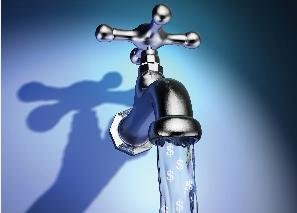
Oregon Moving to Implement New Water Pollution Standards
The State of Oregon recently established the strictest guidelines for water pollution in the United States. The revised standards are aimed to protect people who consume fish as a large portion of their diet. Oregon’s Native American population is partly behind the push to decrease tolerance for contaminants in water; most tribes in the area have a long tradition of fishing that predates the settling of the area by Europeans.

Using Gravity To Redefine Hydrology
Water planners and managers do their best to plan for water usage patterns but there are often many assumptions that have to factor into those plans. Specifically, how will private wells be used, and how will farmers use natural water sources such as streams and rivers adjacent to their land? How robust is the aquifer? What is the recharge rate of that aquifer relative to rainfall patterns? A poor assumption relating to any of these questions can unhinge a well-crafted plan. Now, planners may have a new tool for evaluating water sustainability – satellite imagery.

Lessons From Camden Ohio’s Water Emergency
Most residents of the United States take their overall water security as a given; certainly, some in the desert southwest worry that they will need to make choices between which fields to water and which to abandon but very few worry about where they will get their fresh drinking water. Imagine if that changed. For the residents of one small town in western Ohio, it did change; their town’s water supply became so fouled that it was impossible to supply the residents with drinking water and emergency measures had to be put in place. In this, the first of a three part series, H2Bid will examine this catastrophe and its impact on the town of Camden, Ohio.
